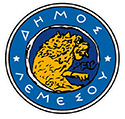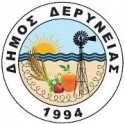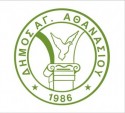Member States have accelerated their Cohesion policy investments in 2020 by €70 billion, increasing their total cohesion expenditure to €251 billion. This corresponds to 52% of the planned €482 billion in the 2014-2020 programming period. At the same time, the financial allocation to projects reached the maximum of available funding. These data are shown on the updated ESIF Open Data Platform (#ESIFOpendata) where key indicators on the implementation of Cohesion policy by theme, country and fund are easily accessible via an interactive tool. Commissioner for Cohesion and Reforms, Elisa Ferreira, said: “These indicators show that we are on the right track in the Cohesion policy implementation and that by 2023, the end of the programming period, we will be able to make the most of the resources available under Cohesion policy.” Sweden, Greece, Bulgaria, Cyprus, Finland, Portugal and the Netherlands are the best performers in terms of spending, while Hungary, Czechia, Malta, Latvia and Estonia have the highest rates of Cohesion policy investments allocated to projects. The acceleration in spending was also made possible thanks to the flexibility that the Commission has granted to Member States for the reallocation of resources for emergency measures to fight the coronavirus pandemic. As a result, the EU helped Member States purchase 2.4 billion items of personal protective equipment, 4,500 ventilators, create 5,000 extra hospital bed spaces, and supply 3.7 million COVID-19 tests. Furthermore, businesses received €11.1 billion, while workers and vulnerable groups, €3.4 billion. More details on the Coronavirus Dashboard.
(For more information: Vivian Loonela – Tel.: +32 229 66712; Veronica Favalli – Tel.: +32 229 87269)
The European Commission is committed to personal data protection. Any personal data is processed in line with Regulation (EC) 2018/1725. All personal information processed by the Directorate-General for Communication / European Commission Representations is treated accordingly.





